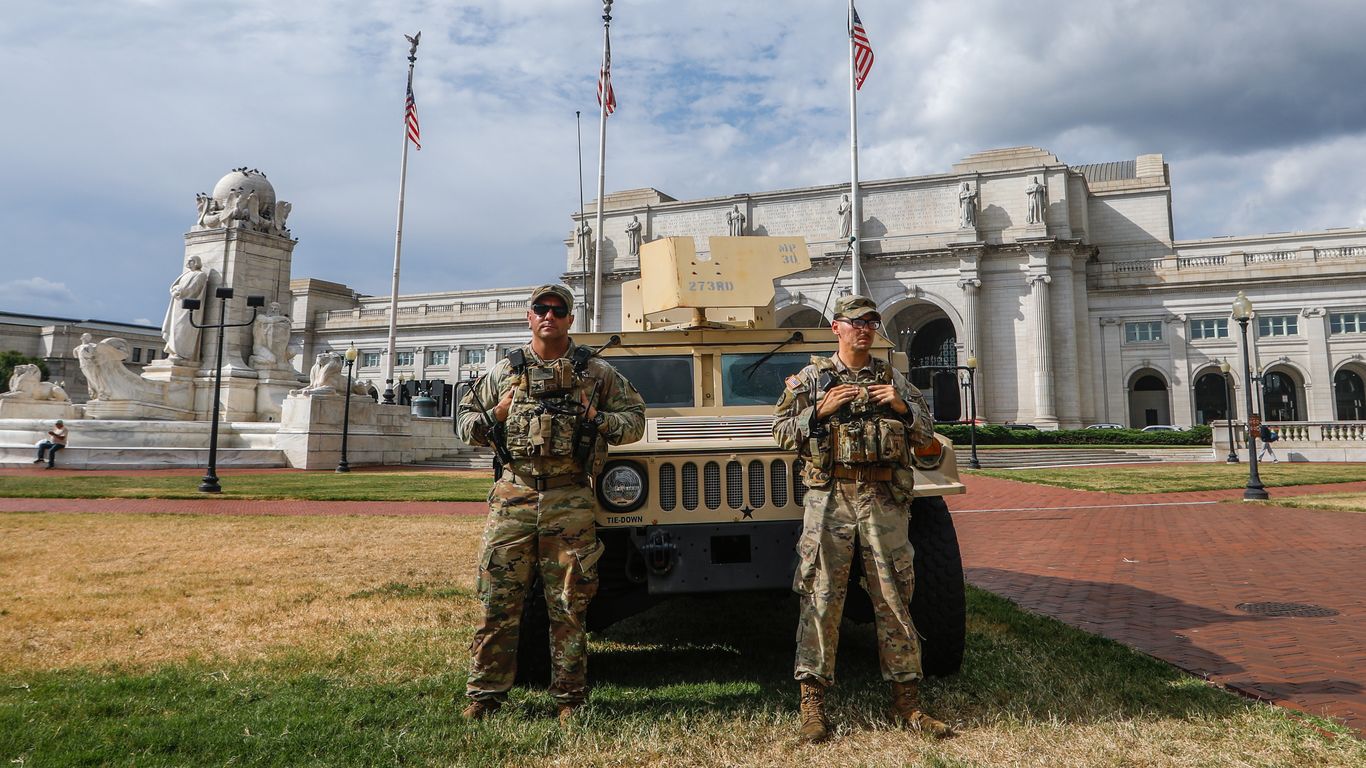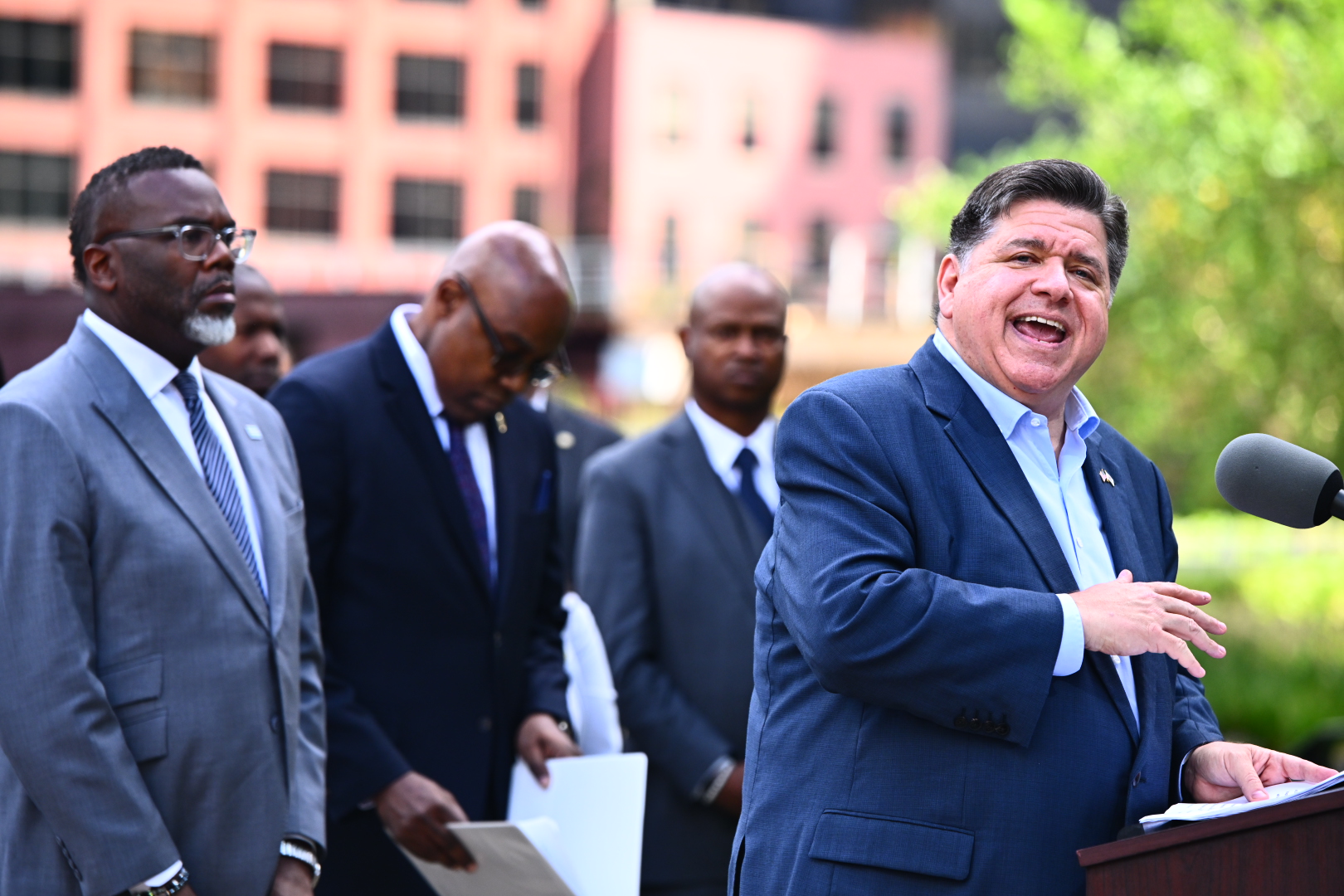
In a current development that has sparked giant debate, former President Donald Trump recommended the deployment of federal troops to Chicago to combat growing violence. This inspiration has raised severa legal questions and worries about its implications. The flow to ship troops to an American metropolis is not best unheard of but additionally fraught with capability legal demanding situations that could get up from such an movement.
The concept of deploying federal troops to repair order in a U.S. metropolis isn't without controversy. Critics argue that such movements could infringe on states' rights and nearby governance, potentially violating constitutional concepts. The Posse Comitatus Act, a federal law that limits the powers of the federal authorities in using military personnel to put in force domestic policies, is critical to this debate. Legal professionals are divided on how this law could be interpreted inside the context of Trump's thought.
Chicago has been grappling with substantial violence in current years, with crime fees closing a prime challenge for citizens and officials alike. However, the suggestion of deploying troops has been met with resistance from nearby leaders. The city’s mayor expressed concerns that this approach ought to enhance tensions, in preference to alleviate the situation. Strong community-led interventions and nearby governance are seen as greater powerful manner to cope with these complicated troubles.
Historically, the deployment of federal troops has been reserved for severe situations, along with in the course of the civil rights motion while federal intervention turned into important to put into effect desegregation. In comparison, many accept as true with that the modern-day situation in Chicago, whilst extreme, does now not warrant such measures. The capacity use of federal troops raises questions on the stability of power between federal and state government, a debate that has been ongoing for decades.
The criminal ramifications of deploying troops are big. If enacted, it is able to set a precedent, main to future administrations exercising similar measures in different towns. The choice to apply navy pressure in the United States is a severe one, with potential affects on civil liberties and the relationship between one of a kind degrees of presidency. Legal pupils emphasize the need for a careful examination of the felony frameworks governing such movements.
Public reaction to Trump's thought has been blended. Some citizens of Chicago, pissed off with the continuing violence, support any measure that promises to repair peace. However, others are cautious of the consequences of a military presence of their neighborhoods. The danger of potential conflicts and accidental results is a first-rate challenge for plenty network contributors and activists.
In the broader context, this idea highlights the demanding situations of addressing urban violence in America. It increases questions about the role of the federal government in local regulation enforcement and the effectiveness of army intervention in civilian matters. The debate maintains to spread, with implications that could shape coverage decisions for future years.
Several lawmakers have voiced their reviews, each in help and towards the proposed deployment. Those in prefer argue that drastic instances name for drastic measures, even as combatants warning in opposition to a militarized method to home issues. The dialogue displays a broader country wide speak about the best use of federal electricity and the safety of civil liberties.
As the controversy maintains, the point of interest stays on finding sustainable answers to the violence plaguing Chicago and similar urban regions. Community leaders, policymakers, and residents alike are entreated to work collaboratively to deal with the basis reasons of crime and increase effective techniques that prioritize safety and justice.
Ultimately, the question of deploying troops in Chicago is extra than a legal difficulty; it's miles a social and ethical one. It challenges Americans to keep in mind how first-class to stability protection with freedom and the function of government in ensuring both. This ongoing communication is crucial in shaping the future of law enforcement and governance inside the United States.










